Retail Debut and Market Dominance in West Jackson
The escalators were still gleaming when Metrocenter Mall opened its doors on March 1, 1978.
At 1.25 million square feet, it is Mississippi’s largest enclosed mall. It is located along U.S. Highway 80 near the junction of I-20 and I-220.
The developers, Jim Wilson & Associates, brought in over 100 stores and services stacked across two levels.
Shoppers came in steady waves, drawn by department store anchors Sears, Gayfers, and McRae’s, which were all ready on opening day.
Just over a year later, D.H. Holmes arrived as the fourth anchor, debuting in May 1979.
Early layout decisions hinted at long-term ambitions.
A Service Merchandise store stood nearby, as did Mississippi’s only General Cinema theater at the time.
On the dining side, the mall offered sit-down options inside its anchors—Potpourri Restaurant operated inside D.H. Holmes, while Widow Watson’s served meals out of McRae’s.
Locals drove in from neighboring towns, many exiting the newer I-220 loop that funneled traffic toward the mall’s massive parking lot.
Metrocenter Mall didn’t launch in a vacuum. Jackson Mall opened in 1969 with JCPenney, Gayfers, and Woolco as anchors.
But once Metrocenter opened, much of the attention—and foot traffic—shifted west.
The new mall was larger, newer, and closer to major highways.
For the first time in nearly a decade, retailers had a fresh anchor on the Jackson map.
If someone was looking for things to do in Jackson, Mississippi, back then, Metrocenter Mall was part of the answer.
The mall was involved, whether shopping for school clothes, grabbing a meal at the food court, or catching a movie after work.
Market Pressure and Mid-90s Upgrades
When Northpark Mall opened in Ridgeland back in 1984, it pulled new retailers and newer crowds north.
For a while, Metrocenter Mall still held its own. But retail trends had started to shift.
In response, Metrocenter Mall got a facelift.
The 1993 renovation added a center court skylight that drew in more natural light and reshaped the layout around a refreshed food court.
New entrances came next—cleaner, brighter, easier to find.
It wasn’t just paint and tiles. Leasing agents worked to bring in newer national chains that hadn’t been part of the original lineup.
Mall management wanted to reset the tone and slow down the drift of traffic toward the suburbs.
Retailers still saw value in Metrocenter Mall through most of the ’90s.
Despite Dillard’s occupying two separate anchor spots after taking over Gayfers in 1999, the overall roster kept shrinking.
Spaces that once cycled through waiting lists now sat open longer.
The General Cinema theater, once a draw, had lost its edge to newer complexes with stadium seating.
Even Jitney-Jungle’s specialty outlet faded from relevance as local grocery chains changed ownership.
Still, shoppers came, but fewer. The Jackson Mall—once a competitor—had already faded into memory.
Now Metrocenter Mall was watching Northpark, Dogwood Festival Market, and even Renaissance at Colony Park grow into bigger threats.
West Jackson’s retail footprint was holding ground, but the draw wasn’t what it had been.
The upgrades bought time. But they didn’t stop what came next.
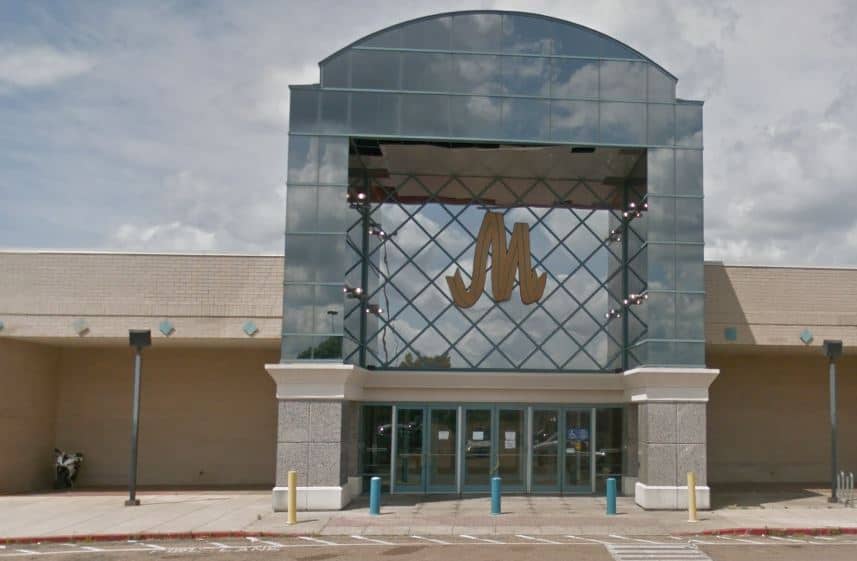
Anchor Closures and Vacancy Ripple Effects
The 2000s arrived with more exits than openings.
Dillard’s, which had held on since 1989 in the old D.H. Holmes space, closed its Metrocenter Mall location in 2004.
Before that, it had already shut down the former Gayfers store.
By then, the mall had gone from four full anchors to two.
In 2006, McRae’s rebranded under new ownership—Belk took over that space.
The name changed, but traffic didn’t surge.
Empty storefronts became more common along the main walkways, and the upper level stayed quiet for longer stretches.
Then, in 2007, the surprise came: Burlington Coat Factory opened on the first level of the former Gayfers building.
Some said it brought a spark back. According to numbers released at the time, daily traffic climbed by as many as 3,000 cars.
People drove in from more than 90 miles away. The store didn’t fill the entire void, but it changed the energy for a little while.
The boost didn’t hold. By mid-2009, Belk had announced plans to leave.
The company said it would shift its focus toward suburban growth, especially at Northpark Mall in Ridgeland and Dogwood Festival Market in Flowood.
Their Metrocenter store closed in August.
In December of that same year, Jackson’s city council voted 6–1 to purchase the former D.H. Holmes/Dillard’s property.
The price was $39,500. There were early talks about reusing the space to help revitalize West Jackson.
But at that point, retail inside the mall had already thinned too far to fully recover.
Real Estate Transactions and Redevelopment Promises
By mid-2010, two anchor spaces stood empty—Dillard’s and Belk—and the remaining retail strips echoed between the few tenants left.
Metrocenter Mall’s owners turned toward redevelopment talks.
In July 2010, the former McRae’s/Belk property was sold to Retro Metro, LLC.
Plans followed to divide the space—the first floor for city offices and the second floor for a blend of retail, restaurant, and office tenants.
In December 2010, Watkins Partners, a Jackson-based developer, announced its intention to lead the mixed-use effort.
David Watkins called it “Project Retro Metro,” and renovations started in January 2011.
That same year, Metrocenter Mall became more than a mall.
Part of it was now administrative space for the City of Jackson.
It wasn’t a clean conversion. The space had been built for retail, not municipal offices, so adjustments took time.
The Sears property—once the mall’s busiest anchor—hung in limbo until late 2011.
That December, Sears Holdings confirmed it would close more than 100 Kmart and Sears stores, including the Metrocenter location.
By 2012, the last of the department stores had shut down.
All four original anchors—Sears, McRae’s, Gayfers, and D.H. Holmes—were gone.
Some parts looked active from the outside. The Burlington store still operated in the former Gayfers lower level.
The center court sometimes hosted events. Offices opened and closed across what used to be storefronts.
Sales Closures and Current Use of the Property
In August 2018, mall management confirmed what had already become obvious—Metrocenter Mall was closing.
The Burlington store stayed open, along with city departments in the former Belk space.
The rest of the retail area shut its gates. There were locked entrances, a shuttered food court, and dark second-floor walkways.
The mall was no longer active in trade, even if parts of it still had lights on.
Retailers had been leaving steadily, but Burlington’s exit took longer.
The store kept operating in its isolated corner for a few more years.
On February 9, 2022, Burlington announced it would close this location.
That made the mall fully retail-vacant. There were no national chains, anchor stores, or known tenants with walk-in foot traffic.
Studio Plans, Stolen Equipment, and a New Direction
The sale went through quietly on April 9, 2024.
For $360,000, the City of Jackson transferred ownership of the former Dillard’s anchor at Metrocenter Mall to filmmaker Curtis Nichouls.
The building—172,000 square feet of concrete, escalators, and long-vacant storefronts—was designed for a different kind of use.
Nichouls didn’t pitch another retail revival. He wanted a film studio.
There should be space for not just sets and cameras but also for mentoring, editing, and teaching young people how to make movies.
By summer, crews had started clearing debris and preparing the space.
The plan was to open the first part of the studio by October.
The full buildout would take two years and about $20 million.
It sounded ambitious, but the proposal gained attention.
The first floor would serve as the base for production and food.
The second, down the line, might hold classrooms and post-production rooms.
Then, in September, the site was hit. Thieves got in after hours, and copper wiring was pulled from exposed walls.
Cameras and drones were taken. So were construction tools—some tracked, others gone without a trace.
Despite the losses, work didn’t stop. New security was added, and crews returned to frame out walls.
But the theft slowed progress. Some tools had to be replaced, and surveillance gear had to be reinstalled.
By April 2025, there’s still no Buc-ee’s planned for Metrocenter Mall in Jackson, Mississippi.
The rumor started back in June 2024 after a podcast aired a mock announcement about turning the mall into the world’s largest Buc-ee’s.
The title alone stretched the idea past belief—but the tone made it clear.
It was a satire: no site plans, no permits, and no real discussion from the company.
Still, the joke made the rounds. Photos circulated. Text threads picked it up.
But by all public accounts, Metrocenter Mall‘s future has no connection to Buc-ee’s.
The site’s next chapter remains tied to local development efforts and film studio—not brisket sandwiches or branded beaver gear.
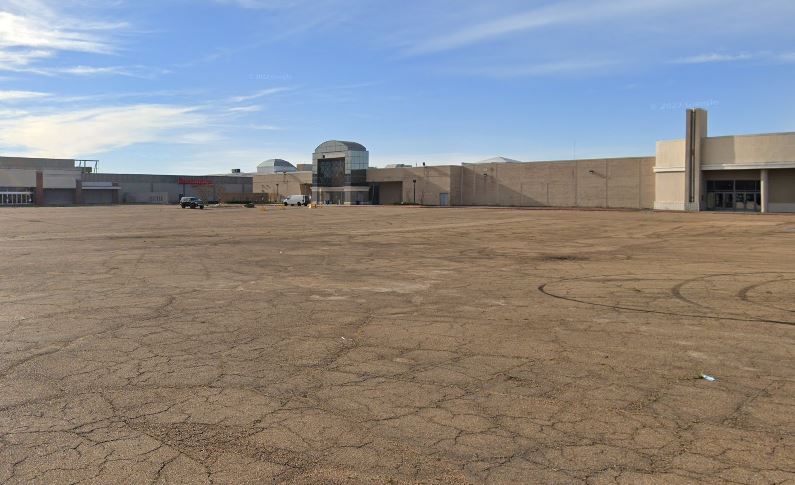

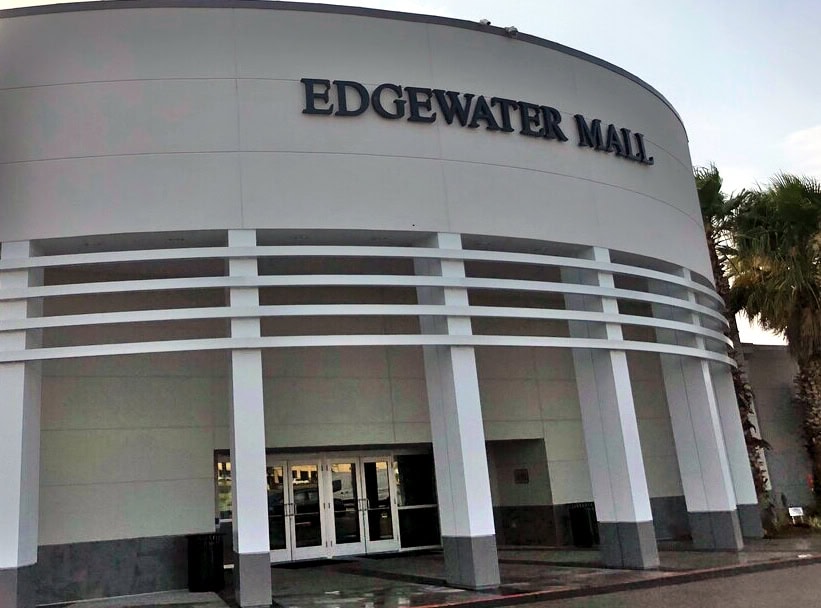
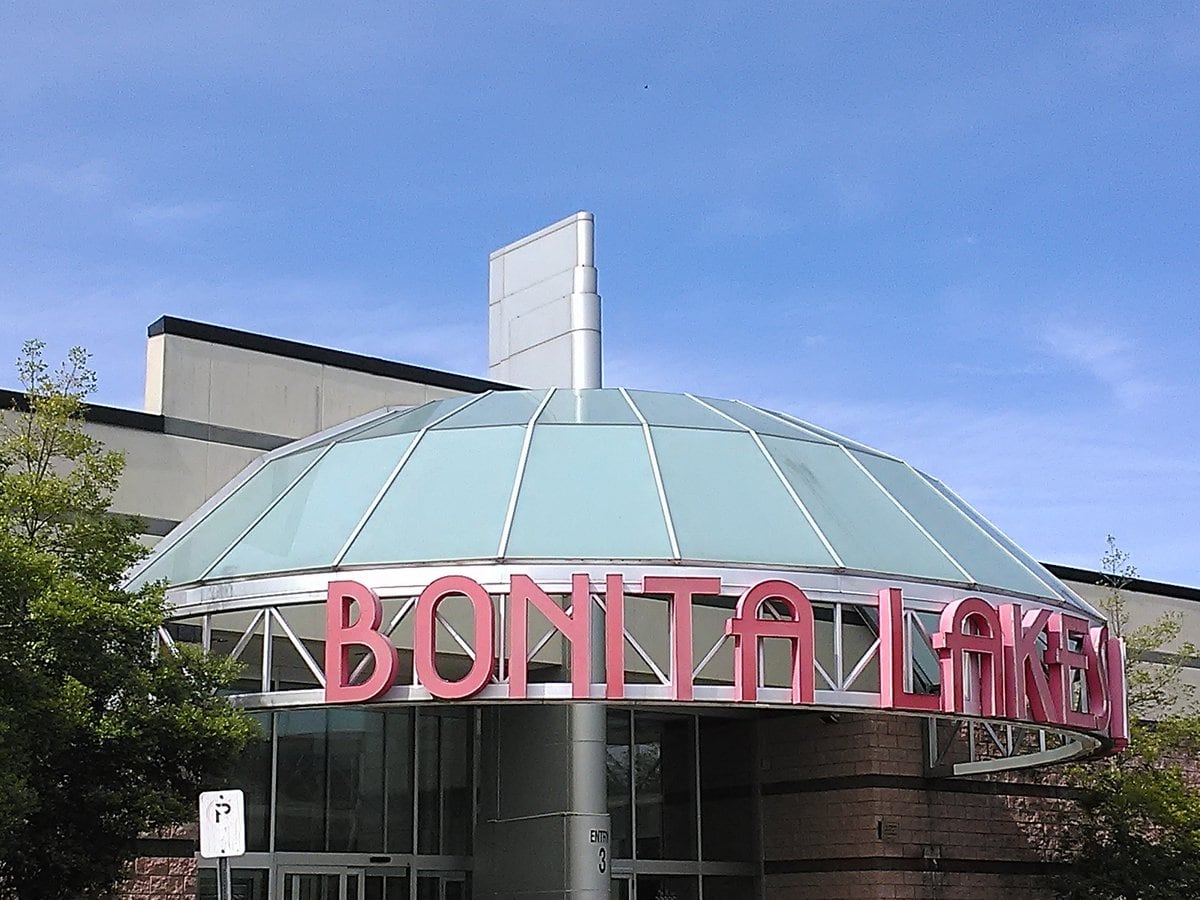
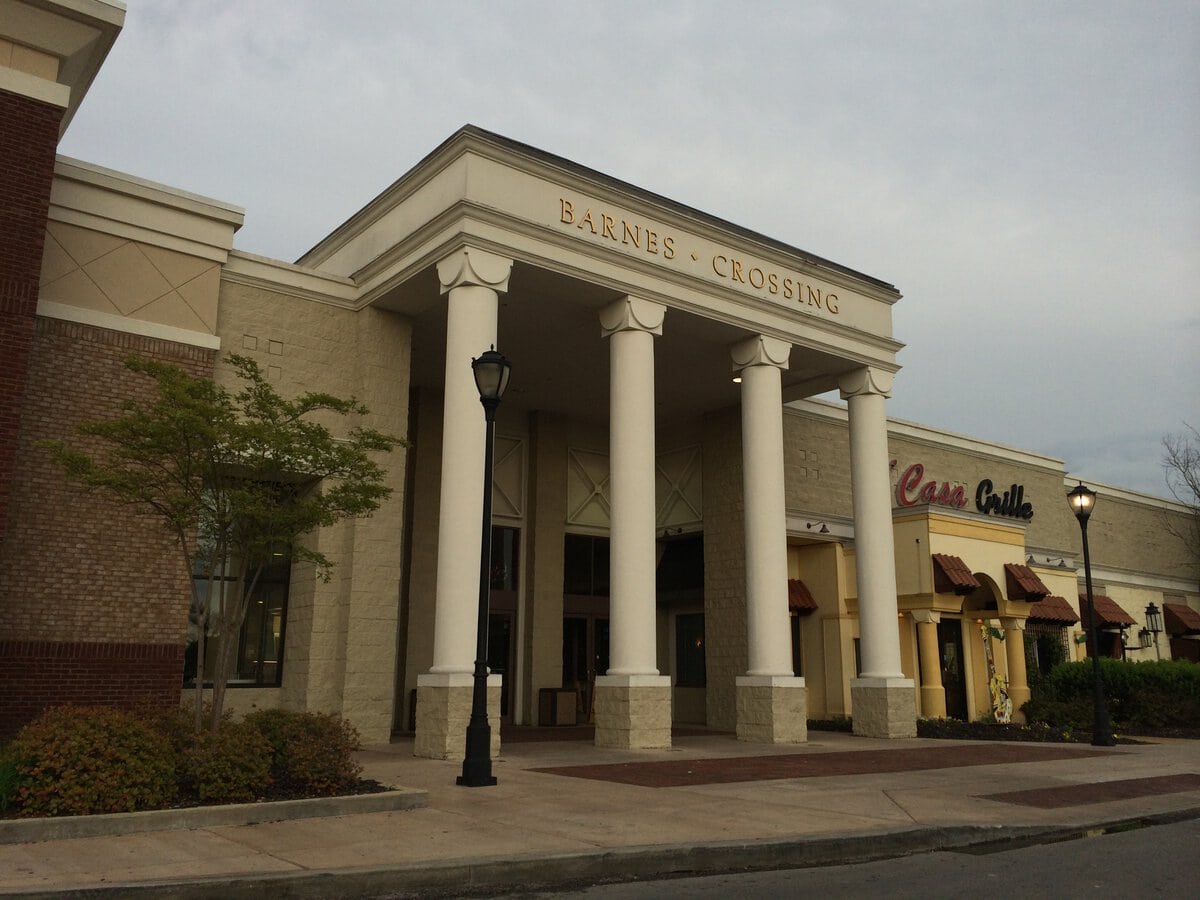
it’s a shame that noone is interesting in claiming the metro center as an investment for future gathering of people to spend money and have a striving community of richest and value to its people by bringing back a place of most standing and culture for all Americans as well as people of Jackson Mississippi so if anyone is seeing this text give it a though in purchasing one of the great American mall of a life time.
That’s a big ambition and not an unrealistic one. The structure is still there. But bringing it back would take public support and a clear use plan—not just retail.